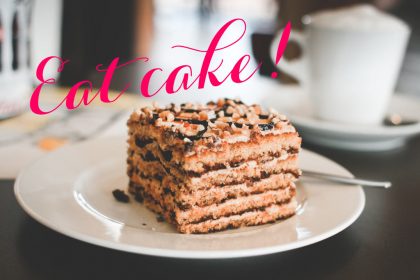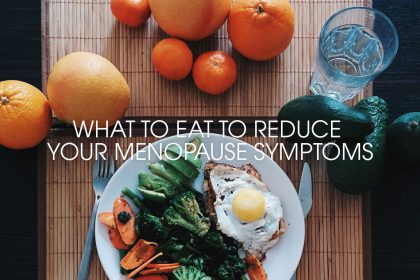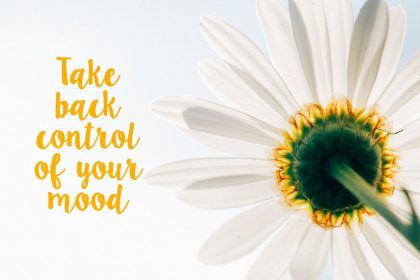Interview with GP Dr Juliet McGrattan
Dr Juliet McGrattan is a mum of three, GP, writer and runner. She tells us what’s it’s like to be a GP, why so many women leave the profession, and how mums can take better care of themselves!
When did you first become a GP?
I became a doctor in 1996 and a qualified GP in 2001.
Why did you choose to specialise in General Practice?
When you train for General Practice you spend time in lots of different specialities. I enjoyed them all, I wanted to see children and old people, ill people and well people so I decided being a GP would expose me to the full variety of people and medicine.
I also knew that at some stage I wanted to have children and felt that being a GP would be more flexible for family life than staying in hospital medicine.
Do you enjoy your work?
As a GP people tell you things they often don’t tell anyone else. It’s a real privilege to share such private areas of people’s lives. Being there for happy times and sad times and seeing families grow up is so rewarding.
I feel very lucky. I’m certainly never bored as I never know what is coming through the door next.
How did your career change after you had your first child?
I changed to working part time after my son was born and have continued this style of working. (I now have three children.)
I felt less ambitious for a while, the actual achievement of getting to work in the morning with children dispatched, clothed and sometimes fed was enough. Getting to meetings and educational events outside of my scheduled working days suddenly became hard and I had to find other ways of learning and keeping up to date.
Then I discovered e-learning! As the years have gone by I’ve started to regain some of that ambition and drive that led me to do medicine in the first place.
What’s your working week like now?
I work two days a week as a GP. These can be 11 hour days if I’m doing the evening surgery. I job share with another female GP which works well for my patients as one of us is always there.
The rest of the week I spend at home. Three years ago I was fortunate enough to get a regular health column in Women’s Running magazine. I discovered I love to write and I’m working hard on those home days to expand my portfolio. I’d love to write a health book one day.
How do you balance work and family with your husband’s job?
Like all working mums there is a fine balance. My husband is a doctor in intensive care with lots of overnight work. We try really hard to plan ahead, but every now and then it all goes wrong and there are gaps!
Over the years I’ve built up a great support network of friends in my village. We all help each other out although I think I owe many favours. Recently my mum moved to the area, the first time I’ve had a relative close by since I left home.
A large percentage of female GPs leave before they reach their 40s. Why do you think this is?
I was surprised to read that 40% of female GPs leave the profession before they reach age 40. I think this is a reflection of the general retention crisis in the NHS.
It’s sad but so many are off to pastures new as the grass isn’t really very green here at the moment. It’s a shame because they have so much to offer and perhaps we need to look at the way GPs work to make it more attractive.
On the other hand it may be a sign that they are an assertive bunch, their career choices widen and they are simply looking for new challenges.
What makes a good GP, and do you think life experience helps?
It’s important to be a good listener, to be approachable and concerned. You also have to be quick at making decisions, work well under pressure and be able to leave work behind when you leave at the end of the day.
I definitely feel more effective as a GP with some life experience behind me. It became infinitely easier to give advice about babies and to tired mothers having experienced childbirth myself. Give me another 10 years and I’ll be able to sympathise about the menopause too!
In your spare time you run. How and why did you get into running?
I started after the birth of my third child to get fit and lose some flab. I impulsively decided I wanted to take part in the village 10k road race the following year.
It worked for me because I often only had an unexpected 20 minutes to do some exercise and it would take me that long to just drive to my nearest gym. I didn’t need to plan ahead to run I could just go out of the door.
Little did I know then that running would become such a huge part of my life.
You’ve run two marathons and started a running group for school mums in your area. Why is running so good for you?
The benefits of running and other exercise are well known – reducing heart disease, stroke and diabetes risk – but I think the main benefit for myself and the women in my group has been psychological.
Taking time out for yourself, setting targets and reaching them is incredibly empowering. This then has a knock on effect in other areas of your life. You gain confidence in your body and your abilities and nothing scares you. The other health benefits are almost just an added bonus.
What are some of the most common reasons mums come to see you, and how can we look after ourselves better?
Sadly I think it has to be stress that’s the most common problem. It can have such a big impact not only on your mental health but your physical health too.
Mums give and give and give and feel stupidly guilty when they take. But how can you be effective at looking after everyone else when you don’t look after yourself?
Factoring time for yourself, however short is crucial. It’s often the first thing to go when things get busy but it really should be the last.
So ask for help, work with friends and family to create windows for you to spend time doing something you enjoy and don’t feel bad about it. Share how you feel don’t let it build up inside. Don’t try to be the perfect mum just be the best you can be. It will be more than enough.
Eat properly too, you need good quality fuel to run your engine, not scraps from your toddler’s plate. Exercise feels like the last thing you can manage when you’re exhausted but trust me it will help. (You can read more advice from Juliet in her article for us: Tired, stressed or depressed? When to go to your GP.)
What advice do you have for other working mums?
I have lots of friends who don’t work and feel bad about that, and wonder if they should be at work. I also have lots of friends who work and feel bad about that, wondering if they should be at home. I believe it’s all about balance, and what is right for one person won’t be right for another.
Finding what works for you can take time and experimentation. My biggest piece of advice would be using one diary for work and home and writing your ‘me time’ in the same biro with the same significance as your work commitments. Looking after you will benefit everyone.
Juliet is a mum of three, GP, writer and runner. You can read her blog here.










